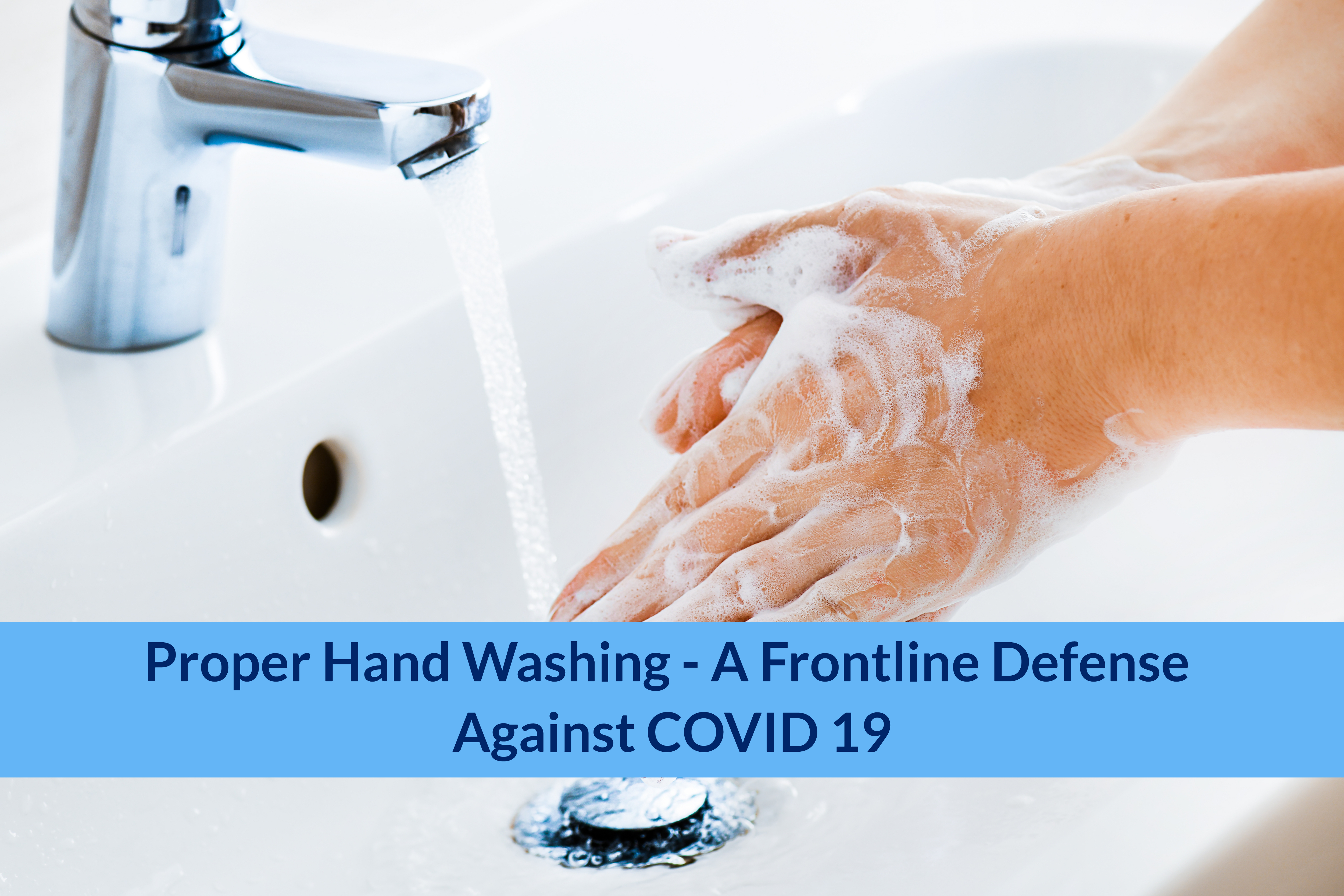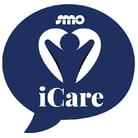
Proper hand washing has been a crucial factor during our battle against the COVID-19 virus. As we begin the process of slowly returning to our normal routines the natural tendency will be to become less diligent in our hand washing. That would be a mistake.
As we return to work and begin to resume some of our pre-COVID activities, it will be critical that we continue to keep our hands clean and healthy. Proper hand washing will continue to play a critical role in our fight against COVID for the foreseeable future.
Why It's So Important
Good hand hygiene is always important---not just during this COVID pandemic. Keeping our hands properly cleaned helps prevent the spread of any type of virus or pathogen. When not properly cleaned, our hands can be a primary source of infection via:
- Contact between our hands and our mouth, nose, and eyes
- Contact between our hands and another person's hands
- Contact between contaminated hands and our food and drink
Proper Hand Washing - Consistency is Key
Good hand washing involves more than just splashing a bit of soap and water on your hands. Like any good process, hand washing requires consistent adherence to a well-defined routine. That routine consists of the following steps:
- Wet hands thoroughly with clean, running, water.
- Apply a generous amount of disinfecting soap to wet hands.
- Thoroughly scrub hands (front and back, between fingers, and under nails) and wrists for a minimum of 20 seconds. A neat trick is to scrub your hands for as long as it takes you to hum the song Happy Birthday two times.
- Rinse hands thoroughly with clean, running, water.
- Dry hands with a disposable---single-use---paper towel.
- Dispose of towel in an appropriate waste container.
There will be times when you are tempted to shorten the above process. Be disciplined and resist that temptation. Remember that properly washed hands are not only a safeguard for you but also for others.
When to Wash
Your particular circumstances will dictate how often you will need to wash your hands. Your job, work environment, frequency of human contact, etc. will all play a role in your hand hygiene. As a general rule, you should wash your hands:
- Immediately after sneezing, coughing, or blowing your nose
- After touching any high-contact surface (e.g. light switches, door handles, elevator buttons, multi-use computer keyboards, break-room appliances, countertops)
- After touching any type of human waste
- Before and after eating
The CDC has some great information on the science behind hand washing.
If you need additional support in maintaining a clean and healthy environment for workers, students, customers, etc., it may be beneficial to engage with a service provider experienced in providing professional disinfecting services.




.jpg?width=220&height=135&name=Blog%20Listing%20Image%20(13).jpg)
-1.jpg?width=220&height=135&name=Blog%20Listing%20Image%20(5)-1.jpg)

.png?width=180&height=138&name=Untitled%20design%20(25).png)


